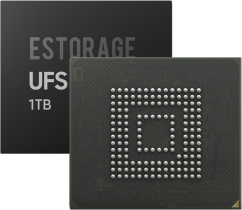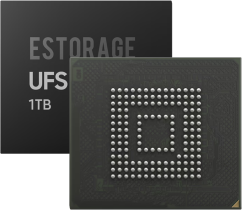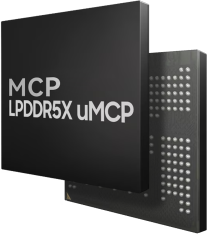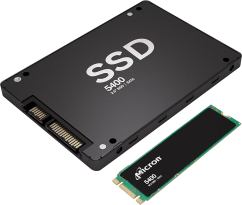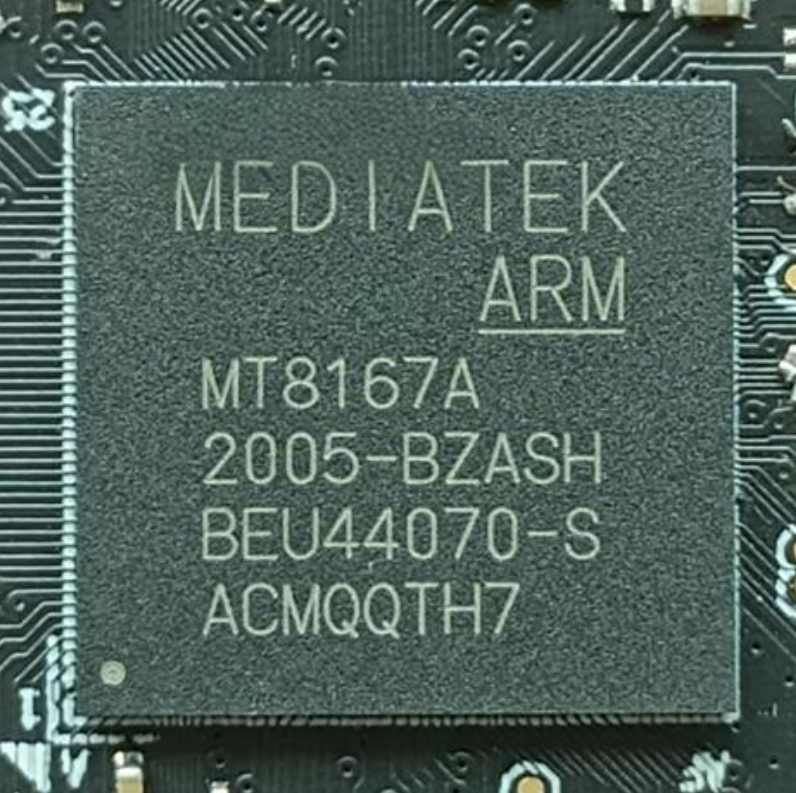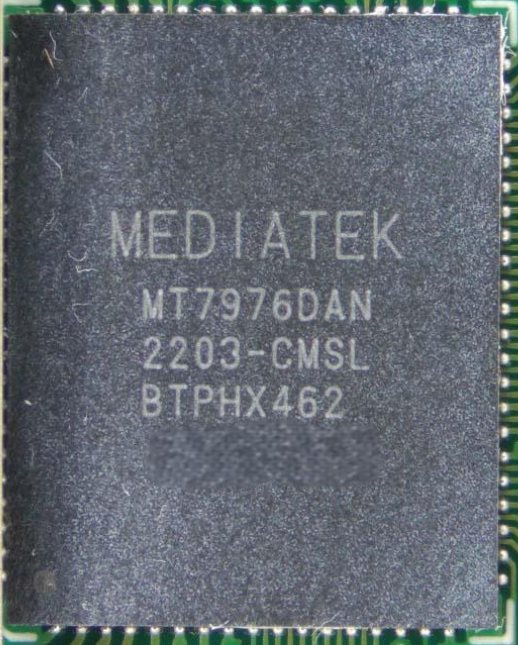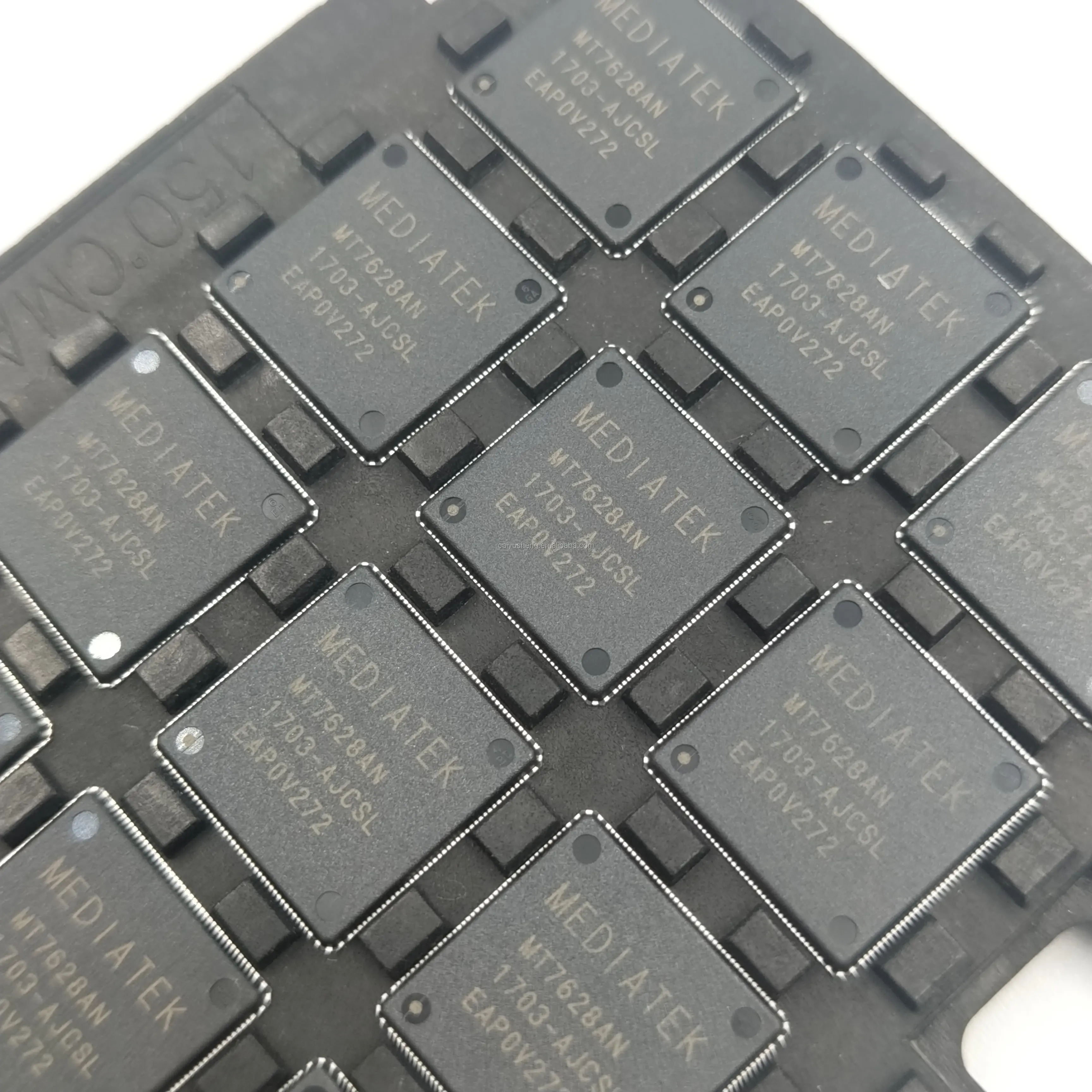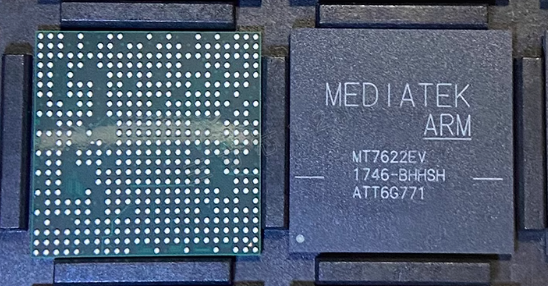Product Description
The MediaTek MT2523GA-AMAH is a feature-rich, ultra-low-power SoC designed for wearable and health monitoring applications. Below is a detailed look at the chip’s capabilities:
Processor and Performance
At its core, the ARM Cortex-M4 processor is ideal for handling the real-time demands of wearable applications, especially those requiring sensor data collection, processing, and communication. The processor’s 180 MHz clock speed is more than sufficient for monitoring heart rate, counting steps, tracking sleep, or processing basic motion data from sensors like accelerometers or gyroscopes.
Low-Power Architecture: The Cortex-M4 is designed to execute the required tasks while consuming minimal power. Its hardware floating-point unit provides more efficient processing for tasks that require mathematical computations, like health-related algorithms or gesture recognition, while ensuring that the device operates for longer periods on a small battery.
Real-Time Applications: For wearable devices that need to process sensor data in real-time (like step counting, heart rate monitoring, or continuous sleep tracking), the MT2523GA-AMAH’s CPU can process the incoming data quickly and efficiently.
Sensor Integration and Functionality
The MT2523GA-AMAH excels at integrating various sensors used in wearable health and fitness devices. The support for I2C, SPI, and UART interfaces means that the SoC can easily communicate with accelerometers, gyroscopes, heart rate sensors, and other biometric monitoring components.
Accelerometer and Gyroscope: These sensors allow the device to track the user’s movements, enabling features like step counting, activity detection, and sports tracking. The SoC's ability to handle real-time data from these sensors enables continuous tracking without affecting the battery life significantly.
Heart Rate Monitoring: The chip also supports heart rate sensors, enabling continuous health monitoring. With the increasing demand for health-focused wearables, the ability to integrate accurate heart rate monitoring into a low-power design is essential.
GPS and Location Tracking: For more advanced use cases, such as outdoor sports or fitness applications, the MT2523GA-AMAH can also interface with GPS modules, providing real-time location data. This feature is particularly useful for applications requiring outdoor activity tracking, such as running or cycling.
Bluetooth Connectivity
The integration of Bluetooth 5.0 enhances the wearable’s ability to connect to smartphones or other Bluetooth-enabled devices with higher range and speed than previous Bluetooth versions. This enables the wearable to sync data with the smartphone quickly, send notifications, and provide a seamless user experience without draining the battery too quickly.
Longer Range: Bluetooth 5.0 extends the range over which the wearable can communicate with the paired device, making it possible to maintain a stable connection even when the user is some distance away from their phone. This is particularly useful in sports and fitness scenarios where the wearable device may need to operate independently for long periods before syncing with the phone.
Low Power Operation: The Bluetooth 5.0 implementation ensures that data transfers and synchronization tasks occur without consuming excessive power, which is critical in a wearable context where long battery life is essential.
Power Management and Efficiency
One of the standout features of the MT2523GA-AMAH is its power management capabilities. This SoC is specifically designed to optimize energy consumption across all aspects of its operation, including processor speed, sensor data collection, and wireless communication.
Low-Power Modes: The MT2523GA-AMAH supports multiple low-power states, including deep sleep modes that can drastically reduce power consumption when the device is idle. These features are particularly useful in wearables where long-lasting battery life is crucial, and the device only needs to wake up intermittently to collect sensor data or sync with the paired smartphone.
Battery Life: Devices powered by the MT2523GA-AMAH can achieve significantly extended battery life, making them ideal for wearables that need to be charged infrequently. Depending on the usage scenario (e.g., fitness tracking, heart rate monitoring), devices can last for several days on a single charge.
Versatility and Use Cases
The MT2523GA-AMAH is highly versatile, catering to a wide range of wearable applications. Its support for health sensors, real-time processing, low-power consumption, and Bluetooth 5.0 connectivity makes it perfect for:
Fitness Trackers: For continuous activity monitoring, including steps, distance, and calories burned.
Smartwatches: For notifications, basic fitness tracking, heart rate monitoring, and integration with smartphone apps.
Health Monitoring Devices: For medical wearables that track vital signs, such as heart rate and blood oxygen levels, and provide real-time feedback.
Sports Wearables: For devices that require GPS, motion tracking, and other fitness functionalities for sports activities.
Specification
CPU:
The chip integrates a single-core ARM Cortex-M4 processor running at up to 180 MHz. The Cortex-M4 is optimized for low power consumption, and it supports hardware floating-point operations, making it suitable for handling sensor data processing and running simple real-time applications in wearables.
Power Efficiency: The Cortex-M4 core is designed to minimize power consumption while providing adequate computational performance for embedded applications like step counting, heart rate monitoring, and other low-power tasks.
Memory:
The MT2523GA-AMAH supports 128KB SRAM and additional 64KB ROM for storing data. The SRAM is used for temporary data storage while the ROM is used for program code, offering sufficient space for real-time applications and small-footprint operating systems.
Flash Storage: External flash storage (typically up to 16MB or more) is often used for applications and data storage, depending on the product's design.
Connectivity:
Bluetooth 5.0: The SoC supports Bluetooth 5.0, offering low-power wireless communication between devices. It features higher data throughput, longer range, and greater reliability, making it suitable for wearable devices that need to sync with smartphones or other Bluetooth-enabled devices over longer distances.
Data transfer speeds with Bluetooth 5.0 are significantly enhanced compared to previous versions, ensuring fast syncing of health metrics, notifications, and other data between the wearable and a paired device.
Sensor Interface:
The MT2523GA-AMAH supports standard sensor interfaces such as I2C, SPI, and UART, allowing it to interface with accelerometers, heart rate sensors, gyroscopes, and GPS modules. This wide range of supported sensors makes it versatile for various health and fitness tracking applications.
Multiple Sensors: It is capable of handling multiple sensors simultaneously, enabling continuous health monitoring, real-time data collection, and multi-parameter tracking for a richer user experience in fitness or medical devices.
Audio Codec:
Integrated audio support is provided with a basic audio codec, capable of supporting simple audio input/output functions. This could be used for voice notifications, speech recognition, or basic interaction features in wearables, like hands-free voice calling or voice assistant functionalities.
Power Management:
The MT2523GA-AMAH integrates advanced power management features, including dynamic voltage and frequency scaling (DVFS) and multiple low-power modes, such as deep sleep and idle modes, that help extend battery life significantly.
Optimized Power Consumption: The chip is designed to intelligently manage power based on the task at hand, ensuring that the system only consumes more power when actively processing critical tasks such as health monitoring or Bluetooth data transfer.
Battery Life: Wearables powered by the MT2523GA-AMAH can achieve days or even weeks of usage on a single charge, depending on the usage pattern, due to its power-efficient design.
Operating System Compatibility:
The MT2523GA-AMAH is compatible with real-time operating systems (RTOS) like FreeRTOS and lightweight embedded operating systems. This ensures that the device can handle real-time sensor data processing and operate in environments where low latency is essential.

